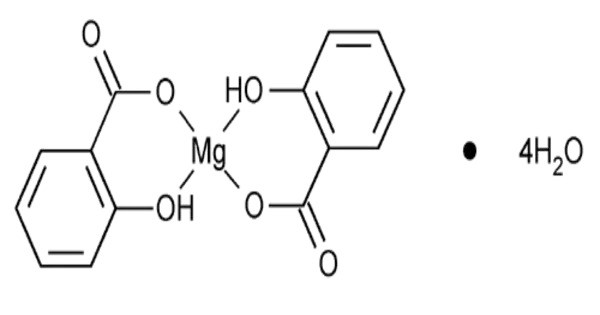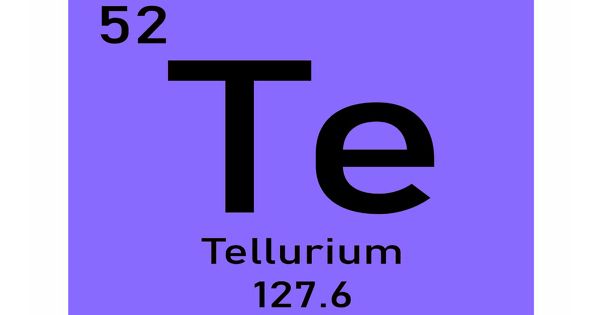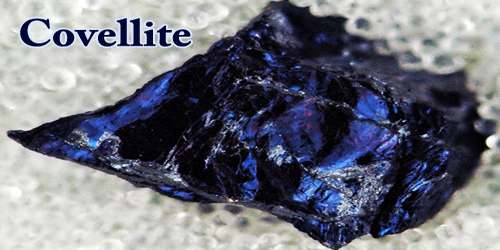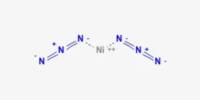Magnesium salicylate is a common analgesic and nonsteroidal anti-inflammatory drug (NSAID) used to treat mild to moderate musculoskeletal pain such as in tendons and muscles. It is a compound that combines magnesium with salicylate, which is derived from salicylic acid (the same active ingredient in aspirin). It is often used as an anti-inflammatory and pain-relieving medication. It is available in various forms, such as oral tablets and topical preparations. It is also used to treat joint pain like arthritis, general back pain, and headaches.
It is found in a variety of over-the-counter (OTC) medications, most notably the brand Doan’s Pills, as an anti-inflammatory, primarily for back-pain relief. Magnesium salicylate can be an effective OTC alternative to prescription NSAIDs, with both anti-inflammatory and pain-relieving effects.
Properties
- IUPAC name: Magnesium 2-hydroxybenzoate
- Molar mass: ~306.53 g/mol
- Appearance: White to off-white crystalline powder
- Solubility: Sparingly soluble in water; soluble in alcohol
- Stability: Stable under normal conditions, but may decompose at high temperatures or under prolonged exposure to moisture
Some key points about magnesium salicylate include:
Pain Relief and Anti-inflammatory: Magnesium salicylate is commonly used to relieve mild to moderate pain, including pain caused by conditions like arthritis, muscle pain, or back pain. It works by reducing inflammation and pain in the body.
Muscle Relaxation: The magnesium component may help with muscle relaxation and reduce muscle cramps or spasms, making it helpful for muscle-related pain.
Mechanism of Action: Like other salicylates, magnesium salicylate works by inhibiting the production of certain chemicals (prostaglandins) in the body that promote inflammation and pain.
Magnesium Benefits: Magnesium plays a vital role in many bodily functions, including muscle function, nerve transmission, and energy production. Some people may also use magnesium to support overall health, as it can help maintain proper muscle function and reduce muscle cramps.
Usage
Magnesium salicylate is generally taken orally, but topical forms are available. It’s important to follow dosing instructions and not exceed the recommended dose.
Side Effects
As with other salicylates, magnesium salicylate can cause side effects such as stomach upset, gastrointestinal bleeding, or allergic reactions. People with a sensitivity to aspirin or salicylates should avoid it.
Precautions
Magnesium salicylate should be used cautiously in people with kidney disease or those who are pregnant or breastfeeding. Always consult a healthcare provider before using it, especially if you have any underlying health conditions.
















